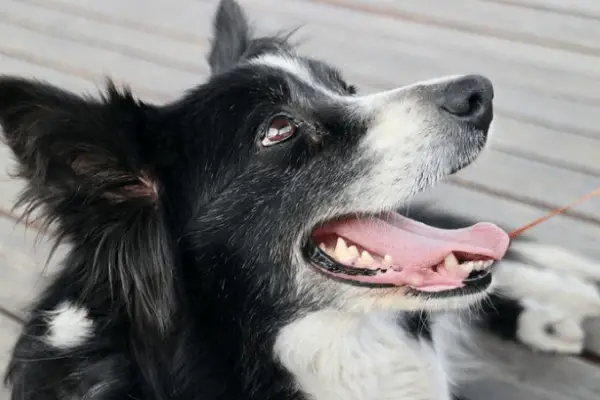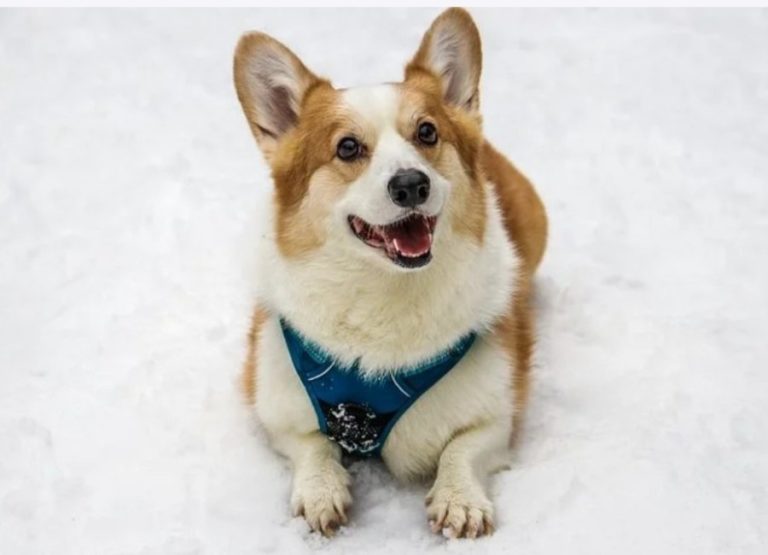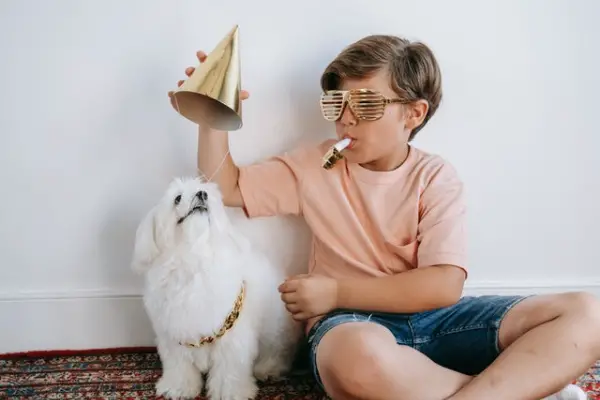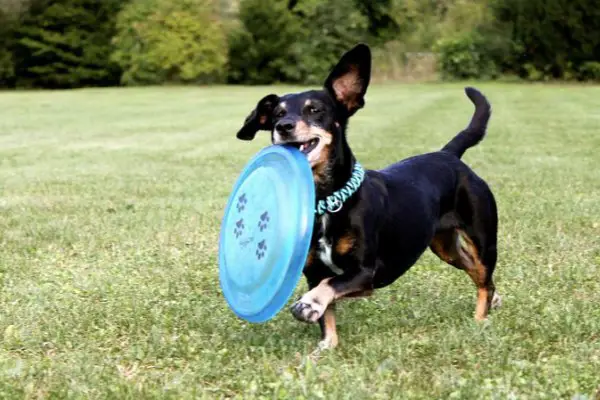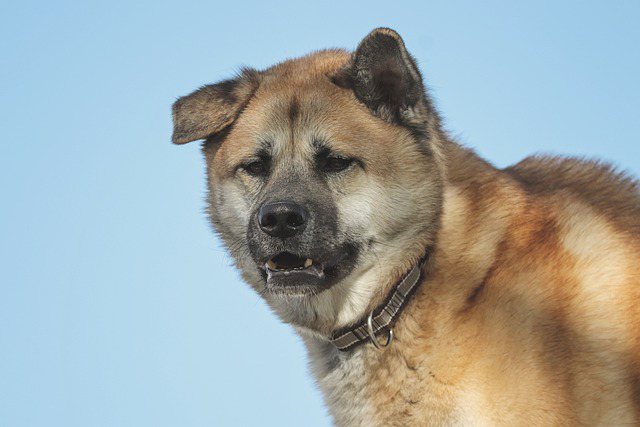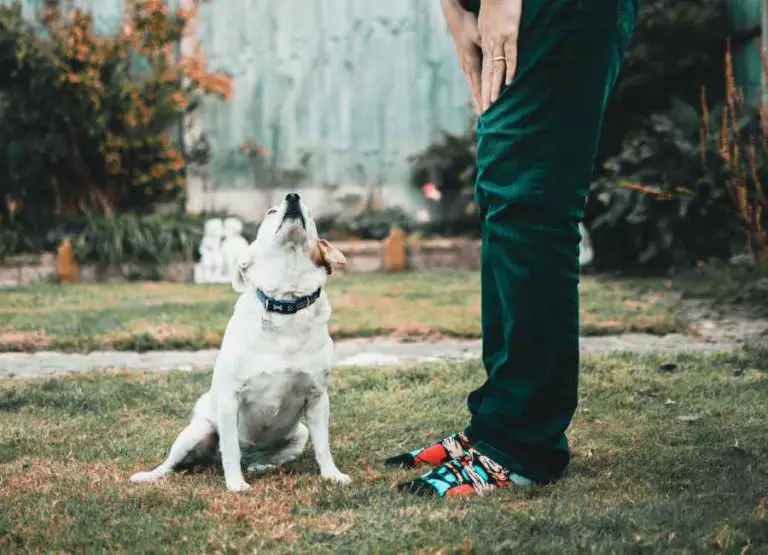Dog Possessive Of Owner With Other Dogs [Causes & Fixes]
![Dog Possessive Of Owner With Other Dogs [Causes & Fixes] Dog Possessive Of Owner With Other Dogs](https://petcreeks.com/wp-content/uploads/2023/02/Dog-Possessive-Of-Owner-With-Other-Dogs.jpg)
Let’s discuss dog possessive of owner with other dogs…
Have you ever experienced the heartwarming, yet slightly challenging, situation of having a dog who gets a tad possessive when other dogs come around?
Trust me, you’re not alone! In this blog post, we’ll dive into the fascinating world of dog possessiveness and explore some tips on how to navigate this furry territory.
So, let’s get started!
Dog Possessive Of Owner With Other Dogs
![Dog Possessive Of Owner With Other Dogs [Causes & Fixes] Dog Possessive Of Owner](https://petcreeks.com/wp-content/uploads/2023/12/pexels-cottonbro-studio-4056512.jpg)
Let’s talk about dogs being possessive of their owners around other dogs. Dogs can be quite possessive of their owners, especially when they’re around other dogs.
This behavior can stem from their natural instinct to protect their pack and territory, which includes their human family.
It’s important to understand that this possessiveness can lead to aggression or anxiety in some dogs, so it’s crucial to address it through training and socialization.
Creating positive experiences with other dogs and teaching your dog to share your attention can help reduce possessive behavior.
Remember, patience and consistency are key when working on this issue. Seek guidance from a professional trainer if needed, as they can provide tailored strategies for your specific situation.
Ultimately, with time and effort, you can help your dog feel more secure and relaxed around other furry friends.
Signs Your Dog is Possessive Of You With Other Dogs
![Dog Possessive Of Owner With Other Dogs [Causes & Fixes] Signs Your Dog is Possessive Of You With Other Dogs](https://petcreeks.com/wp-content/uploads/2023/12/pexels-cottonbro-studio-4056470.jpg)
So, you’ve noticed some possessive behavior from your dog around other dogs, huh? Well, one sign to look out for is if your dog gets between you and the other dog, kind of like saying, “Hey, this human is mine!”
Another clue is if your dog guards you by standing in front of you, not letting the other dog approach.
Also, if your dog gets tense or aggressive when another dog comes near you, that’s a clear sign of possessiveness.
Keep an eye out for growling or snapping at the other dog when they get too close to you, as this can be a sign of your dog feeling possessive.
If your dog tries to push the other dog away from you or even blocks them from getting close, that’s another indication of possessive behavior.
Lastly, pay attention to your dog’s body language; if they seem stiff, stare intensely, or show signs of stress when other dogs are around you, it may be a sign of possessiveness.
Keep an eye out for these behaviors and consider working with a professional trainer to address any possessiveness issues.
Causes of Dogs Being Possessive Of Their Owners With Other Dogs
So, you know how some dogs can get super possessive of their owners when it comes to other dogs? Well, there are a few reasons for this behavior.
First off, it could be due to a lack of socialization during their puppyhood, which can make them feel anxious around other dogs.
Another reason might be that they see their owner as their main source of security and attention, so they get protective when other dogs come into the picture.
In some cases, past negative experiences with other dogs could also trigger possessiveness.
Additionally, certain breeds have a predisposition towards being more protective of their owners.
It’s important to address this behavior through training and positive reinforcement to help your pup feel more comfortable around other dogs.
Lastly, seeking guidance from a professional dog trainer or behaviorist can also help understand and address this issue.
Learn more about possessive aggression in dogs.
How to Manage Dogs Being Possessive of Their Owners with Other Dogs
![Dog Possessive Of Owner With Other Dogs [Causes & Fixes] How to Manage Dogs Being Possessive of Their Owners with Other Dogs](https://petcreeks.com/wp-content/uploads/2023/12/pexels-cottonbro-studio-4056509.jpg)
Dealing with possessive behavior in dogs can be tricky, but there are some ways to manage it.
Firstly, it’s important to establish yourself as a leader by setting boundaries and being consistent with your commands.
When introducing your possessive dog to other dogs, start with neutral territory to avoid territorial conflicts.
Use positive reinforcement to reward good behavior around other dogs, and gradually increase the exposure to them.
Keep an eye on their body language for any signs of tension and be ready to intervene if necessary.
Additionally, give each dog their own space and belongings to reduce competition and potential triggers for possessive behavior.
Lastly, seek professional help if the possessiveness persists, as a professional trainer can provide tailored guidance for your specific situation.
How to Prevent Dogs Being Possessive of Their Owners with Other Dogs
So, preventing dogs from being possessive of their owners with other dogs is all about setting clear boundaries and creating positive associations.
First off, make sure to socialize your dog from a young age, exposing them to different dogs and people.
When they’re around other dogs, encourage positive interactions and reward good behavior with treats or praise.
It’s also important to establish yourself as a leader by practicing obedience training and reinforcing good manners.
Additionally, supervise interactions between your dog and others to intervene if any possessive behavior arises.
Providing each dog with their own space, toys, and attention can also help minimize feelings of possessiveness.
Lastly, seek professional help if the possessive behavior persists, as a certified dog trainer can provide personalized guidance for your specific situation. Remember, patience, consistency, and positive reinforcement are key!
Learn more about protective aggression in dogs.
Frequently Asked Questions
Why is my dog possessive of me when other dogs are around?
It’s not uncommon for dogs to display possessive behavior towards their owners, especially when other dogs are present. This behavior often stems from their instinct to protect their resources, including their beloved humans. Your dog may feel the need to guard you and ensure that other dogs don’t encroach on what they perceive as their territory. It’s essential to address this behavior through proper training and socialization to promote a harmonious environment for all dogs involved.
How can I help my possessive dog feel more comfortable around other dogs?
To help your possessive dog feel more at ease around other dogs, it’s crucial to gradually expose them to positive and controlled interactions. Start by introducing your dog to well-behaved and calm dogs in a neutral setting. Monitor their behavior closely and reward them for calm and non-possessive responses. Over time, increase the duration and intensity of their interactions, always prioritizing their safety and well-being. Consistency, patience, and positive reinforcement are key to helping your dog overcome possessiveness.
What are some signs that my dog is being possessive?
There are several signs that your dog may be displaying possessive behavior. These include growling, snarling, snapping, or lunging at other dogs who approach you. They may also exhibit stiff body language, raised hackles, or intense eye contact with the other dogs. It’s essential to recognize these signs early on and address them to prevent any potential conflicts or aggression.
Can possessiveness towards the owner be a sign of insecurity in dogs?
Yes, possessiveness towards the owner can indeed be a sign of insecurity in dogs. Dogs who lack confidence may feel the need to guard their owners as a way to establish a sense of control and security. They may fear losing their primary source of comfort and protection. By addressing their underlying insecurity through positive reinforcement training, building their confidence, and providing a safe and structured environment, you can help alleviate their possessive tendencies.
Should I punish my dog for possessive behavior?
Punishing your dog for possessive behavior is not recommended. Punishment can often exacerbate the problem and create fear or anxiety in your dog. Instead, focus on positive reinforcement training techniques that reward desired behavior and redirect their attention away from possessiveness. Seek guidance from a professional dog trainer or behaviorist who can provide you with effective strategies tailored to your dog’s specific needs.
Can possessiveness towards the owner be resolved?
Yes, possessiveness towards the owner can be resolved with patience, consistency, and proper training. It’s important to address the behavior early on to prevent it from escalating. Seek professional help if needed, as a qualified trainer or behaviorist can guide you through the process and provide you with the tools to help your dog overcome possessiveness. Remember, every dog is unique, and progress may take time, but with dedication and understanding, positive change is possible.
Conclusion
In conclusion, when dealing with a dog who is possessive of their owner in the presence of other dogs, it is crucial to approach the situation with patience and understanding.
Remember to provide each dog with individual attention, gradually introducing them to one another in a controlled and positive environment.
With time, consistency, and proper training, you can help your furry friends build a harmonious and loving relationship. Remember, teamwork makes the dream work!

